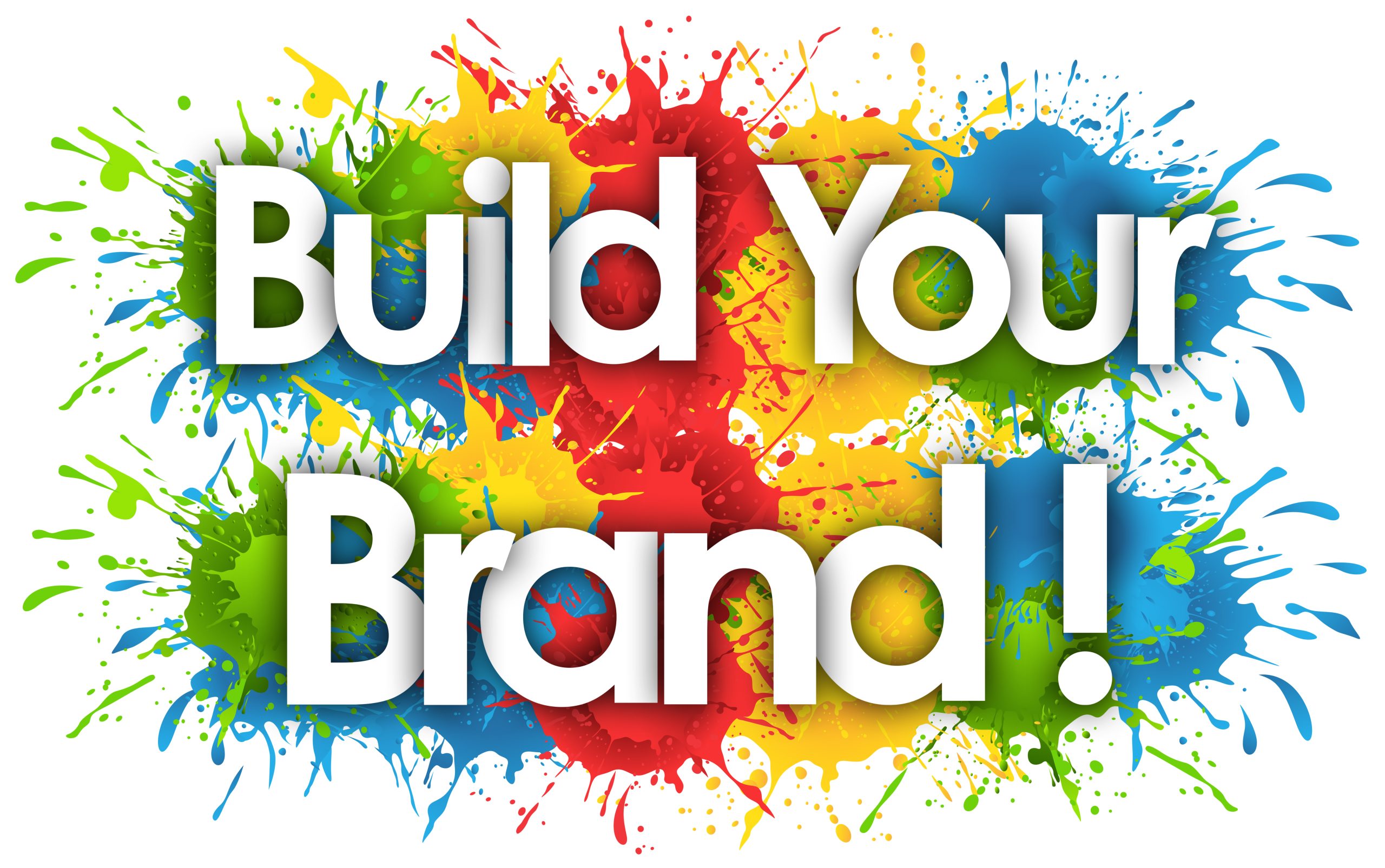Your basket is currently empty!
How to Stand Out and Be Remembered
In a world where customers are more spoilt for choice than ever before, your small business needs more than just a good product or service, it needs a clear and consistent brand identity. A strong brand helps you stand out, builds trust, and makes your business memorable.
Whether you run a coffee shop in Ceres, an online clothing store, or a plumbing service in Cape Town, your visual identity and messaging are the face and voice of your business. Here’s how to get the basics right.
What is Brand Identity?
Brand identity is the visible and verbal expression of your brand, it’s how people recognise you and how they feel about you.
- Visual identity includes your logo, colours, fonts, and imagery.
- Messaging is the tone of voice, key messages, and story you tell.
Think of Coca-Cola’s red and white colours, flowing script, and friendly, nostalgic advertising, that’s brand identity in action.
Visual Identity Basics
1. Logo Design
Your logo is often the first impression customers get of your business.
- Keep it simple and scalable so it works on a billboard or a business card.
- Avoid too many details. A clean, memorable design lasts longer.
2. Colour Palette
Colours trigger emotions:
- Blue feels trustworthy.
- Green suggests growth and freshness.
- Red is bold and energetic.
Pick 2–4 main colours that reflect your personality and use them consistently.
3. Typography
Fonts send a message too:
- Sans-serif fonts (like Arial) feel modern.
- Serif fonts (like Times New Roman) feel traditional and formal.
Choose two complementary fonts and stick with them.
4. Imagery & Graphic Style
Decide whether you’ll use photography, illustration, or a mix and keep the style consistent. Customers notice when your Facebook page and flyers look mismatched.
5. Brand Guidelines
A short document with your colours, fonts, logo rules, and imagery style helps you (and your team) stay consistent.
Messaging Identity Basics
1. Brand Voice & Tone
Your voice is the personality of your business in words. Is your business:
- Friendly and conversational?
- Professional and authoritative?
- Playful and humorous?
Pick one and use it across social media, your website, and in emails.
2. Tagline/Slogan
A short phrase that sums up your promise or value. Examples:
- Nando’s: “Have you tried it yet?”
- Pick n Pay: “Inspired by you.”
3. Key Brand Messages
Write down the top three things you want people to remember about your business. This becomes the foundation for all marketing content.
4. Storytelling
Share why you started your business, your challenges, and your wins. People connect with stories more than sales pitches.
Common Mistakes to Avoid
- Using different logos, colours, or fonts on different platforms.
- Copying competitors instead of creating something unique.
- Constantly changing your branding (confuses customers).
- Overcomplicating designs and messages.
Quick Steps to Build Your Brand Identity
- Define your target audience.
- Choose your brand values and personality.
- Create your logo, colour palette, and fonts.
- Develop your brand voice, tagline, and story.
- Apply them consistently everywhere, from business cards to WhatsApp messages.
Tools & Resources for SMMEs
- Design: Canva, Looka
- Colour palettes: Coolors.co, Adobe Color
- Fonts: Google Fonts
- Checklist: Create a one-page brand style guide and share it with your team.
Final thoughts…
Your brand identity isn’t just how you look; it’s also how you sound. When your visuals and messaging work together, your business becomes instantly recognisable and trustworthy.
Start small, stay consistent, and remember: your brand is your promise to your customer. Make it one they’ll remember.
To see how to apply these tips in social media take a look at Social Media Strategy for local brands.


Leave a Reply